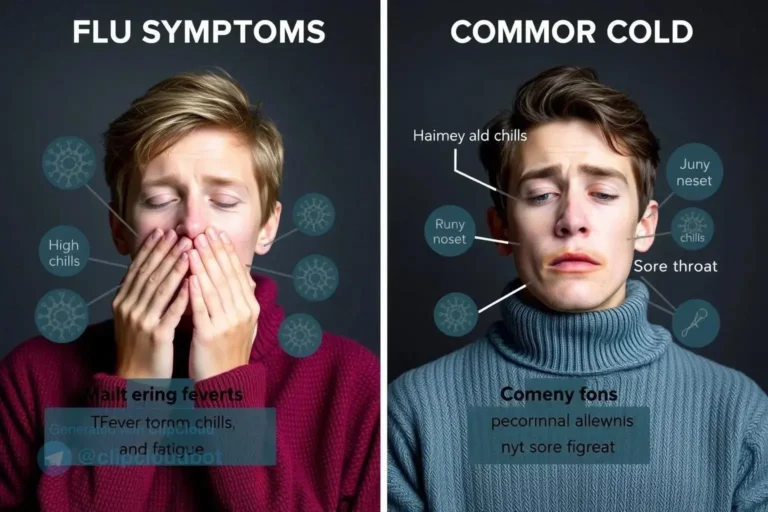What is the Exposome?
The exposome encompasses every environmental exposure experienced from conception onward, shaping our health. It considers both internal factors like metabolism and external influences such as pollution and lifestyle.
Internal and External Environmental Factors
The exposome is broadly categorized into internal and external environmental factors, both playing a significant role in shaping an individual’s health trajectory.
Internal Factors:
These encompass biological and physiological processes occurring within the body. Examples include:
- Metabolism: How the body processes nutrients and generates energy influences susceptibility to various health conditions.
- Inflammation: Chronic inflammation, often triggered by internal factors, can contribute to diseases like heart disease and cancer.
- Gut Microbiome: The composition of bacteria in the gut plays a crucial role in digestion, immunity, and even mental health.
- Oxidative Stress: An imbalance between free radicals and antioxidants can damage cells and contribute to aging and disease;
- Hormones: Fluctuations and imbalances in hormone levels, particularly during different life stages, can impact overall health.
External Factors:
These factors originate from the environment outside the body and can be further divided into broader categories:
- Chemical Exposures: Contact with pollutants, pesticides, and heavy metals through air, water, and food.
- Physical Environment: Exposure to radiation, noise pollution, and extreme temperatures.
- Social Environment: Socioeconomic status, education, and social support networks.
- Lifestyle Factors: Diet, exercise, smoking, alcohol consumption, and sleep patterns.
- Built Environment: Access to green spaces, quality of housing, and urban design.
Understanding the interplay between these internal and external factors provides a comprehensive view of how the exposome influences health outcomes.
How the Exposome Impacts Health
The exposome exerts a profound influence on health across the lifespan, contributing to the development of a wide range of diseases. Cumulative exposures, from prenatal development through adulthood, interact in complex ways to shape individual health trajectories.
Chronic Diseases: The exposome plays a significant role in the development of chronic diseases like:
- Cancer: Exposure to carcinogens in the environment, coupled with internal factors like genetic predispositions, can increase cancer risk.
- Cardiovascular Disease: Air pollution, unhealthy diets, and chronic stress contribute to the development of heart disease and stroke.
- Respiratory Diseases: Air pollution and occupational exposures can trigger and exacerbate asthma and other respiratory illnesses.
- Neurodegenerative Diseases: Exposure to heavy metals and pesticides has been linked to neurodegenerative conditions like Parkinson’s and Alzheimer’s disease.
- Metabolic Disorders: Dietary factors, environmental toxins, and lifestyle choices influence the development of diabetes and obesity.
Beyond Physical Health: The exposome also impacts:
- Mental Health: Stressful environments, social isolation, and exposure to trauma can contribute to mental health disorders.
- Immune Function: Early-life exposures can shape immune system development and increase susceptibility to infections and autoimmune diseases.
- Reproductive Health: Exposure to certain chemicals and environmental toxins can negatively impact fertility and reproductive outcomes.
Research continues to unravel the complex interplay between exposome factors and health outcomes, paving the way for targeted prevention and intervention strategies.
Taking Control: Mitigating Negative Exposome Influences
While we cannot control every environmental exposure, we can take proactive steps to mitigate the negative impacts of the exposome and promote health.
Lifestyle Choices:
- Healthy Diet: Consuming a balanced diet rich in fruits, vegetables, and whole grains provides essential nutrients and antioxidants.
- Regular Exercise: Physical activity reduces the risk of chronic diseases, improves mental health, and strengthens the immune system.
- Stress Management: Practicing stress-reducing techniques like meditation, yoga, or spending time in nature can buffer the negative effects of stress.
- Adequate Sleep: Prioritizing sleep supports immune function, cognitive health, and overall well-being.
- Avoid Smoking and Excessive Alcohol Consumption: These habits contribute to numerous health problems and exacerbate the negative effects of other exposures.
Environmental Awareness:
- Reduce Exposure to Pollutants: Be mindful of air and water quality, choose natural cleaning products, and limit exposure to pesticides.
- Create a Supportive Social Network: Strong social connections provide emotional support and promote resilience.
- Advocate for Policy Changes: Support policies that promote clean air and water, access to healthy food, and safe environments.
By making informed choices and advocating for a healthier environment, we can empower ourselves to take control of our health and minimize the negative impacts of the exposome.






